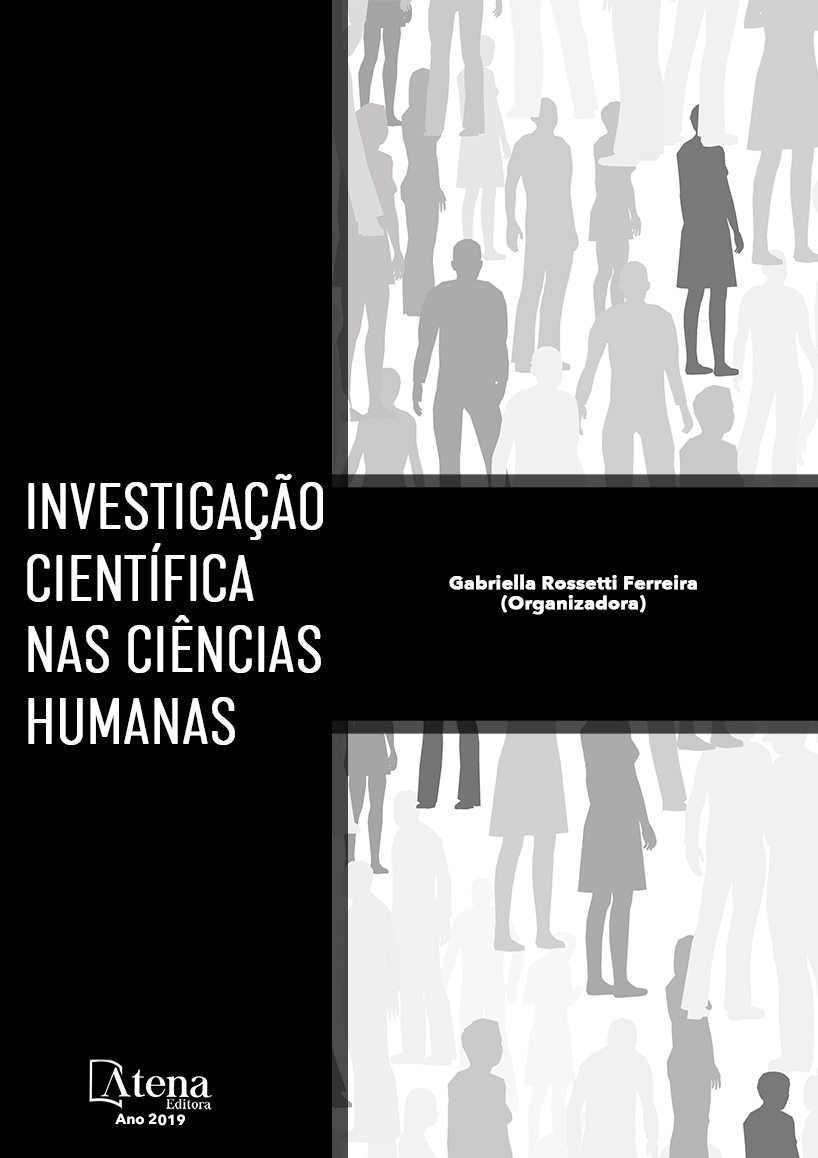
As Representações Sociais do Uso de Drogas em Mulheres que Convivem com Dependentes de Substâncias Psicoativas.
A dependência química atinge todas
as camadas sociais, se instala em diferentes
contextos familiares e é um problema de
saúde pública. As representações sociais
tornam algo desconhecido em algo que
possa ser difundido, possibilitando nomear e
classificar ideias, valores, teorias existentes e
aceitas no meio social. Neste cenário, são as
mulheres que frequentemente buscam ajuda e
participam dos grupos de familiares. Objetivo:
identificar as representações sociais presentes
na subjetividade das mulheres inseridas no
contexto dos transtornos relacionados ao uso
de substâncias psicoativas. Método: pesquisa
qualitativa e quantitativa com vinte mulheres que
conviviam com dependentes de substâncias
psicoativas. Os instrumentos utilizaram foram
aplicação de entrevista semiestruturada e
de questionário sociodemográfico, conforme
método de análise de conteúdo. Resultados:
as participantes demonstraram que ocorre um
processo de reconstrução das representações
sociais na medida em que as mulheres
conseguem percebê-los enquanto sujeitos. E,
na medida em que conseguem perceber que
o uso de drogas é uma doença, modificam o
foco na substância psicoativa, percebendo o
real significado do problema de dependência
química do familiar. Conclui-se que esse
dispositivo foi um importante para desconstruir
conceitos cristalizados, na medida em que
suscita questionamentos sobre saberes do
senso comum acerca das representações
sociais e auxilia na proposição de ações de
psicoeducação, promovendo mudanças nas
relações familiares dos envolvidos.
As Representações Sociais do Uso de Drogas em Mulheres que Convivem com Dependentes de Substâncias Psicoativas.
-
DOI: 10.22533/at.ed.91019180611
-
Palavras-chave: Representações Sociais. Substâncias Psicoativas. Mulheres.
-
Keywords: Social representations. Psychoactive Substances. Women.
-
Abstract:
In Brazilian society, chemical
dependence reaches all social strata, is
installed in the different family contexts, is
configured as a public health problem. It hinders
the socioeconomic development of the country,
extending to family relationships. Several
studies have already been carried out within the theme of social representations and
chemical dependence. However, there is a gap in the social representations of women
in the context of psychoactive substance use disorders, which often seek help and
participate in groups of relatives. The objective of the research was to identify the
social representations present in the subjectivity of women inserted in the context of
the disorders related to the use of psychoactive substances. The method used was
qualitative and quantitative research with twenty women living with dependents of
psychoactive substances. Data were collected through a semistructured interview
and a sociodemographic questionnaire, which were grouped, evaluated, compared
and categorized, allowing their analysis, according to the content analysis method.
Results: these show that a process of reconstruction of social representations occurs
as women can perceive them as subjects involved with psychoactive substances
and their consequences, as a drug user and as a member of the family. And to the
extent that they realize that drug use is a disease, they change the focus of the
chemical, realizing the real meaning of the family's chemical dependency. Discussion:
The application of this research was an important device to deconstruct crystallized
concepts, insofar as it raises questions about common sense knowledge about social
representations and assists in the proposition of psychoeducation actions in relation
to chemical dependence, promoting changes in the family relations of the involved.
Conclusion: action in the prevention of drug use in other social spaces and reinforce
the approaches that involve the change in the behaviors of the family relative to the
dependent of psychoactive substances.
-
Número de páginas: 15
- Ana Maria Kuse/ Cassandra Borges Bortolon
- Ana Maria Kuse


